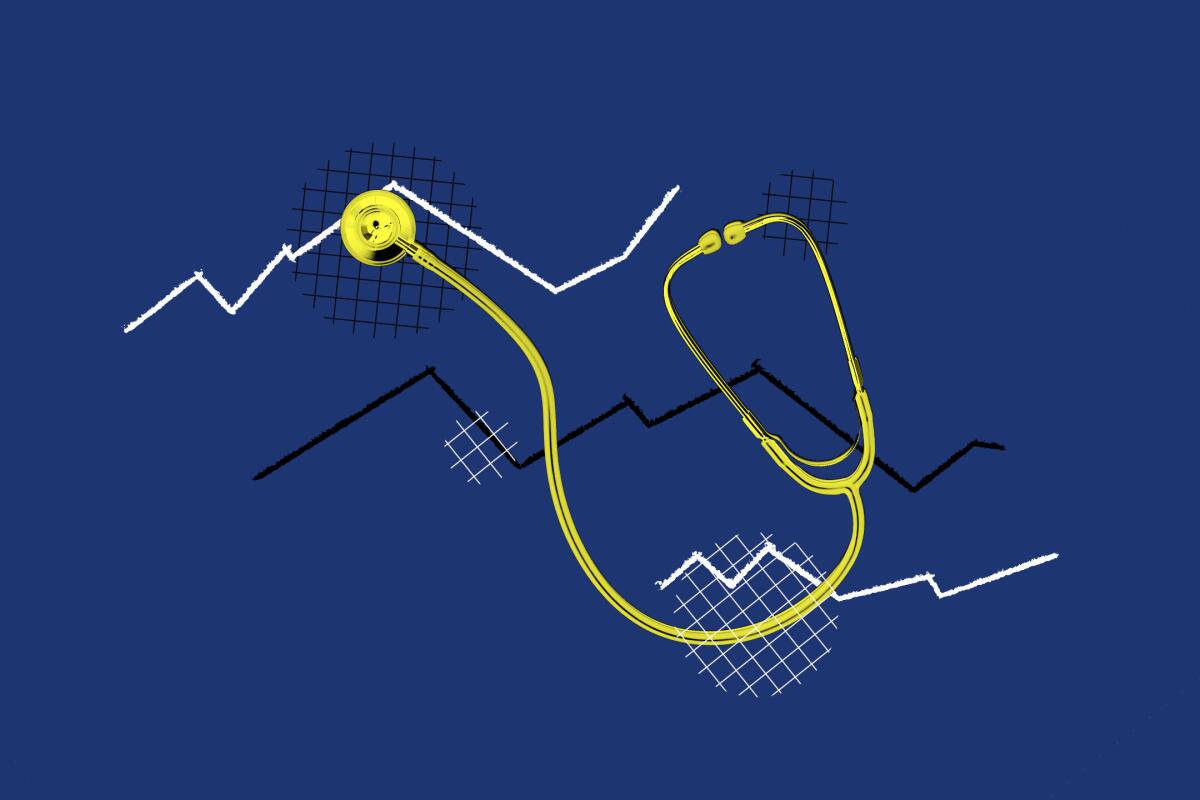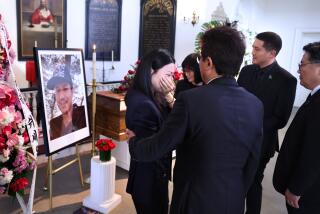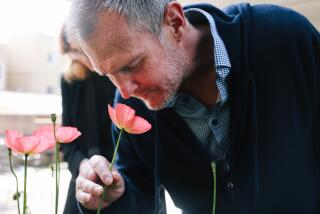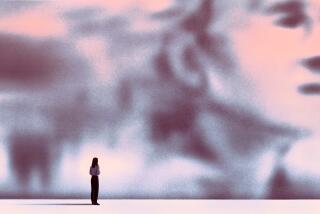Op-Ed: My mentally ill brother died in the early months of the pandemic. But we lost him long ago

My brother died in April, in the early months of the pandemic, but that’s not when we lost him. He disappeared from our lives almost 40 years ago, when he was diagnosed with schizophrenia. To say he suffered from schizophrenia is an understatement. Schizophrenia assassinated him, did to him personally what COVID has done to our planet. After he became ill, nothing was ever the same.
My brother had a few good years. He was a quiet boy with a penchant for math, who spent hours assembling model airplane kits. But just before his 15th birthday, illness began dismantling the building blocks of who he was. Within weeks, he became paranoid, endlessly tearful, wildly inappropriate. And then he largely disappeared from my life, hospitalized for treatment that was often worse than the actual disease.
There’s no good script when someone in your family becomes severely mentally ill. The underlying thread of many casual conversations is normal milestones — graduations, achievements, weddings — and he had none to share. The milestones I remember were ones I wanted to forget — the time he tried to kill himself by wading into a river, the time he was picked up by the police standing on the railing of a bridge. He talked obsessively about natural disasters, serial killers and death. He was minimally relational. When my dad visited him in the hospital, he would often tell him to leave. Some of my friends didn’t even know I had a brother. He never met my children.
About a year ago, he suddenly stopped walking. He was in a group home by then. They sent him to the hospital. The doctor who admitted him phoned me to discuss his complex history. She was friendly and warm, and patiently tried to put together the complex pieces of the story of his life. She ordered a battery of investigations, but the cause of his leg weakness would remain a mystery.
Over the ensuing months, she faithfully phoned with updates. Sometimes it felt more like we were two colleagues discussing a case than the reality — the patient we were talking about was a brother I barely knew. But it was clear she had a genuine connection with him. She chuckled kindly at his tendency to repeat the same bizarre questions verbatim, a pattern that had alienated the rest of us. In the rubble of my brother’s life, she found a person who didn’t remind her of anyone she used to know, and so she was curious about that person in his present life in a way I didn’t know how to be.
But now, because he was dependent on a wheelchair, he couldn’t return to his group home. He was stuck in care limbo with no alternate destination. When the pandemic hit, he was restricted to his small hospital room. He was agitated and depressed. He threw his meal trays. His world grew even smaller.
In our “Dispatches From the Pandemic” series, we bring you personal stories from people whose lives have been altered by COVID-19.
One morning, the doctor called to say he had a fever. I worried he had COVID-19. We talked about what to do next. The following night, she called to say things had taken a marked turn for the worse. I knew before she said it: My brother was dying.
I called my parents. A grim, resigned sadness settled over us. My brother’s deteriorating condition exempted us from COVID-related visitor restrictions, and I debated making the three-hour late-night drive to see him. But before I could decide, he succumbed silently to overwhelming infection, and died.
Like so many who have lost a family member in this horrid time, we did not gather. We reflected on his suffering in private, alone, sharing our complicated memories and sadness in bits and pieces. He was never tested for COVID; the cause of death is one more unanswered question about his life. His death itself is still an abstraction, just like his sudden disappearance when I was a child.
His doctor sent me a heartfelt message a few days after he died. She said she would miss his childlike countenance and sense of humor, things I’d never really seen. I wondered with some discomfort if I might have had a deeper well of present-day emotion for my brother if I had been his doctor.
What does that numbness say about me, a physician recognized for the depth of my compassion? I think it says severe mental illness is brutally hard — hard to watch and hard to understand. It burns everyone down and out, grounding both sufferer and loved ones in the past, leaving us unable to reconcile the person we lost with the one we still have. In some ways it is easier if you never knew that person before because you’re not rowing endlessly toward an image of someone who doesn’t really exist anymore.
My brother died 40 years ago and he died in April. He was an old man and he was a child. He was frightening and frightened; he was macabre and he was funny. All those things can be true at once; no version of a life is so complete it crowds the other out. The only hard truth is he will always be resting in pieces. But I’m grateful something about him caught another doctor’s eye, even in the face of a vicious illness with no silver linings, one that cannot disfigure him anymore.
Jillian Horton is an internist in Canada and author of the forthcoming memoir “We Are All Perfectly Fine.” @jillianhortonMD
More to Read
A cure for the common opinion
Get thought-provoking perspectives with our weekly newsletter.
You may occasionally receive promotional content from the Los Angeles Times.











